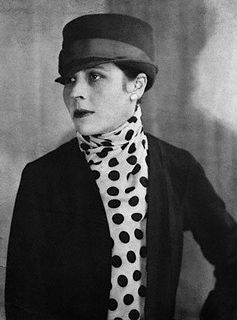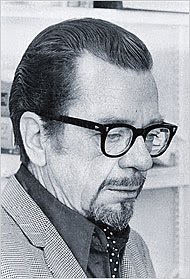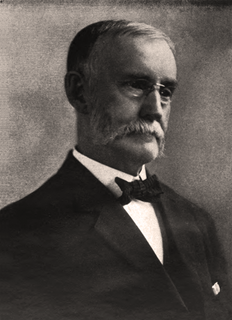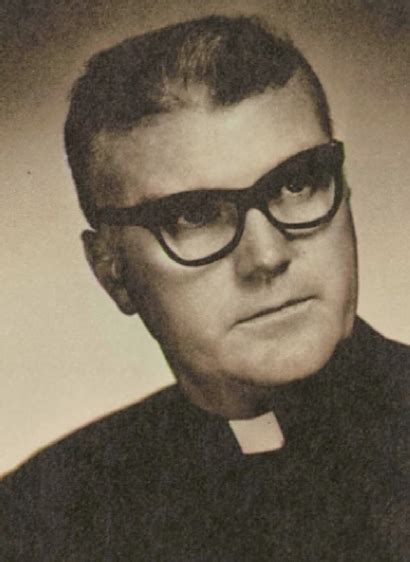A Quote by Djuna Barnes
None of us suffers as much as we should, or loves as much as we say. Love is the first lie; wisdom the last.
Related Quotes
I did not think I should be ever loved: do you indeed Love me so much as now you say you do? Ask of the sea-bird if it loves the sea, Ask of the roses if they love the rain, Ask of the little lark, that will not sing Till day break, if it loves to see the day: And yet, these are but empty images, Mere shadows of my love, which is a fire So great that all the waters of the main Can not avail to quench it.
None of us went to university, none of us went to college, none of us played in a different band before, none of us done anything. We were the last great band to come out of nowhere, on an indie label. We've sold 50 million records. That's still the benchmark. Until someone does what we've done, I'll always consider myself the last big songwriter
The Ideal Man should talk to us as if we were goddesses, and treat us as if we were children. He should refuse all our serious requests, and gratify every one of our whims. He should encourage us to have caprices, and forbid us to have missions. He should always say much more than he means, and always mean much more than he says.
Plato said that poets should be excluded from the ideal republic because they are such liars. I am a poet, and I affirm that this is true. About no subject are poets tempted to lie so much as about their own lives; I know one of them who has floated at least five versions of his autobiography, none of them true. I of course - being also a novelist - am a much more truthful person than that. But since poets lie, how can you believe me?
As he loves us, he would have us love others. We say men are not worthy of such friendships. True, they are not. Neither are we worthy of Christ's wondrous love for us. But Christ loves us-not according to our worthiness-but according to the riches of his own loving heart! So should it be with our giving of friendship-not as the person deserves-but after the measure of our own character.
Would that men might come at last to see that it is quite impossible to reach the thicket of the riches and wisdom of God except by first entering the thicket of much suffering, in such a way that the soul finds there its consolation and desire. The soul that longs for divine wisdom chooses first, and in truth, to enter the thicket of the cross.
Mental prayer in my opinion is nothing else than an intimate sharing between friends; it means taking time frequently to be alone with Him who we know loves us. The important thing is not to think much but to love much and so do that which best stirs you to love. Love is not great delight but desire to please God in everything.
This is the first lesson ye should learn: There is so much good in the worst of us, and so much bad in the best of us, it doesn't behoove any of us to speak evil of the rest of us. This is a universal law, and until one begins to make application of same, one may not go very far in spiritual or soul development.




































